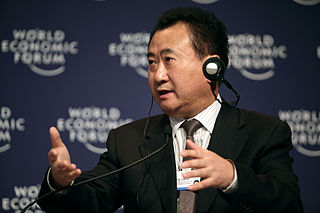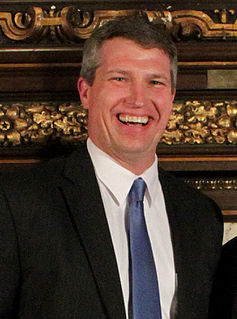A Quote by Wangari Maathai
Resources on the planet are limited, and limited resources can come to an end. But there are also a lot of resources that are renewable. A lot of land, for example, can be reclaimed from the encroaching deserts.
Related Quotes
My supporters and family have limited resources, very limited resources; but the FBI has the unlimited resources of the most powerful government in the world today. It's amazing that they haven't successfully had me assassinated since I have been in here. There have been plots uncovered in the past that I know of to have me killed.
Unless people can see broad vistas of unused resources in front of them, the belief in limited resources tends to follow as a matter of course. And if the idea is accepted that the world's resources are fixed, then each person is ultimately the enemy of every other person, and each race or nation is the enemy of every other race or nation. The extreme result is tyranny, war and even genocide. Only in a universe of unlimited resources can all men be brothers.
The main mineral in your cellphone, coltan [a black metallic ore], comes from the Eastern Congo. Multinational corporations are there exploiting the very rich mineral resources of the region. A lot of them are backing militias which are fighting one other to gain control of the resources or a piece of the resources.
When you think of all the conflicts we have - whether those conflicts are local, whether they are regional or global - these conflicts are often over the management, the distribution of resources. If these resources are very valuable, if these resources are scarce, if these resources are degraded, there is going to be competition.
Since scarcity is the basic economic problem, if it does not exist then there is no reason for my economics course. Devoting time to the study of how people use limited resources to fulfill unlimited wants and needs should help us to discover how to best utilize the resources we have at our disposal.




































